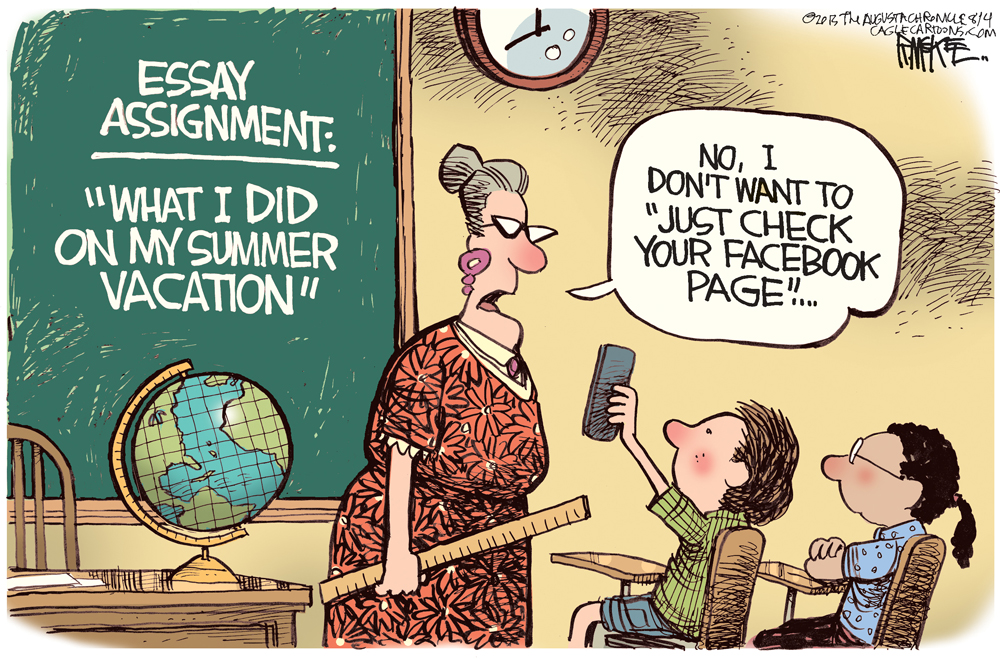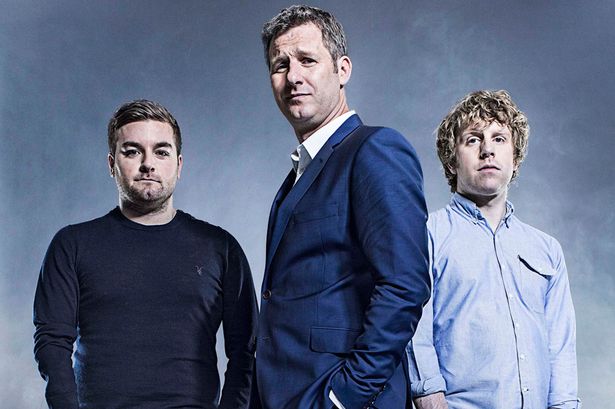|
We were asked this week to talk to a group of teenagers about social media, particularly about staying safe on line and protecting themselves. We learned a lot from the group in terms of what they knew about the social world and how they used it with their friends. We also learned that many of their younger siblings who were still in primary school had their own accounts on various social platforms and we wondered how many of their parents knew about it. The group we spoke with didn't know that Facebook's user agreement requires the user to be at least 13 years old when signing up to the site and we questioned whether their parents were aware of this either. It seems that many parents assumed that social media was something covered in schools. I'm not sure that it is, but it probably should be. What do you think? #TellYourStory
0 Comments
Recently we've been looking into the applications of social media for broadcasters. The way audiences consume TV content has changed radically in the last few years and research shows that a large proportion of viewers are time-shifting their viewing, watching it on different devices, or commenting on second screens. Whilst the vast majority of prime-time TV shows have their own social media channels, which have been proven to increase ratings and viewer numbers, it's no longer a question of simply asking viewers to share a hashtag that relates to the programme itself. TV related social media campaigns are becoming a fascinating blend of broadcast and social content which are tailored very specifically to the audiences and fans of the shows that we watch on a weekly basis. In the UK, one of the best examples that springs to my mind is Channel 4's 'The Last Leg', a late Friday night live show that encourages viewers to submit questions through Facebook and Twitter which are used as part of the live broadcast. Whilst this immediately gives viewers a sense of being part of the larger broadcast, it also serves to form a very subtle link between weekly shows, encouraging further discussion and participation whilst the show is off air. Other shows, like HBO's incredibly successful Game of Thrones, have sparked the social world's imagination with incredible results. Whether through George R R Martin's willingness to deviate from his original novels or discussions around which major character he's about to unexpectedly kill off next, the broadcast content is consistently talked about off air. In fact, video footage of audiences reacting to the 'Red Wedding' episode went viral within hours of the episode being broadcast. Getting it right for such a big show as Game of Thrones pays huge dividends, effectively allowing the programme to remain current with social audiences even between seasons whilst viewers wait several months for new episodes. We want the story to continue and social allows us to do that. What used to be 'water-cooler' moments of "did you see what happened on that show last night?", have become immediately at our fingertips TV forums, Twitter discussions and Facebook fan pages. Even cancelled shows like Joss Whedon's 'Firefly' or more recently NBC's 'The Playboy Club' are still discussed, at great length, by online fans. But not everyone is getting it right. As we've seen from Fox News recently, encouraging viewers to share content (which later proves to be factually incorrect) can backfire; leading to hordes of angry social media users putting #FoxNewsFacts to great satirical use. Whilst they always come across as the pantomime 'bad guy', you can't argue with the engagement they provoke from their followers. Although provocation isn't a method I'd endorse to encourage your audience to engage with your channels. The more I think about it, the more potential I see for integration of traditional broadcasting and social channels. We've already seen live twitter voting on The Voice, trending hashtags for This Morning (which brought us Katie Hopkins), teaser trailers for next season's shows on social platforms long before they're trailed on TV and even SKY's unimaginative ThroneCast; an attempt to corral the social audience to watch a programme discussing the last episode of Game of Thrones (a discussion which was already happening online anyway). There's definitely some winners and not-so-winners out there. We're starting to see social and TV partnerships and campaigns pop up all over the place now and we're even getting involved in designing them ourselves. Some of which are clearly more noticeable and more successful than others. I'd like to hear about some of the social TV campaigns you've noticed recently, what made them stand out, made you talk about them, share them, or actively engage with them? #TellYourStory |
Archives
October 2023
|



 RSS Feed
RSS Feed
